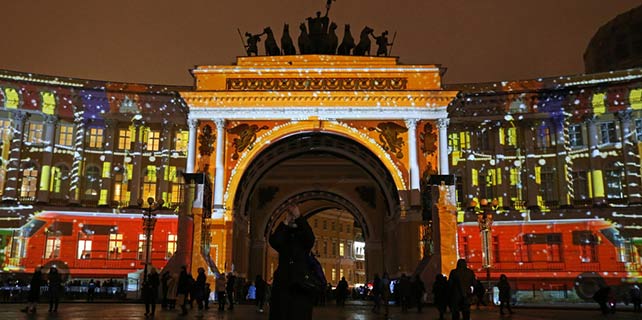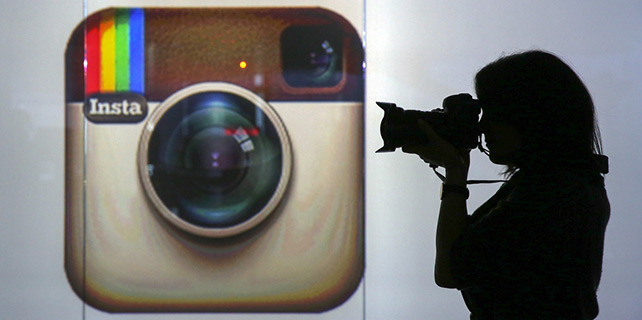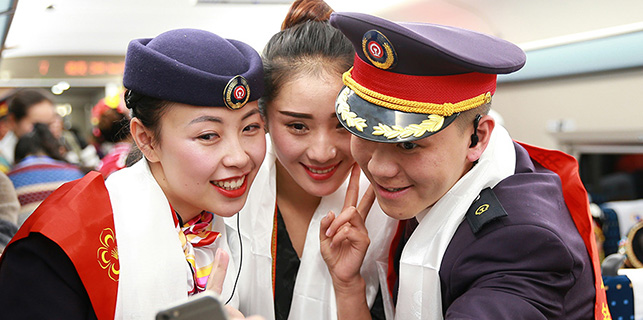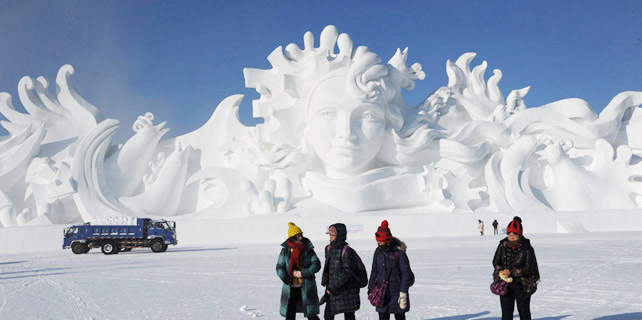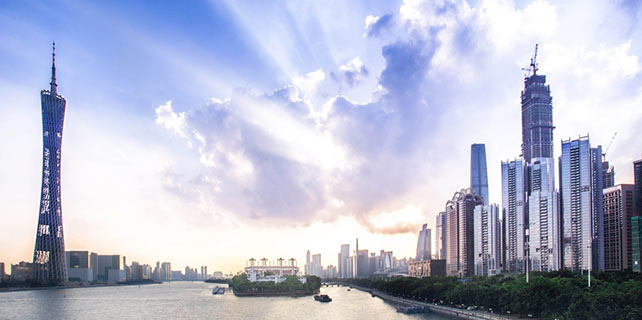Abe visits Pearl Harbor, no apology
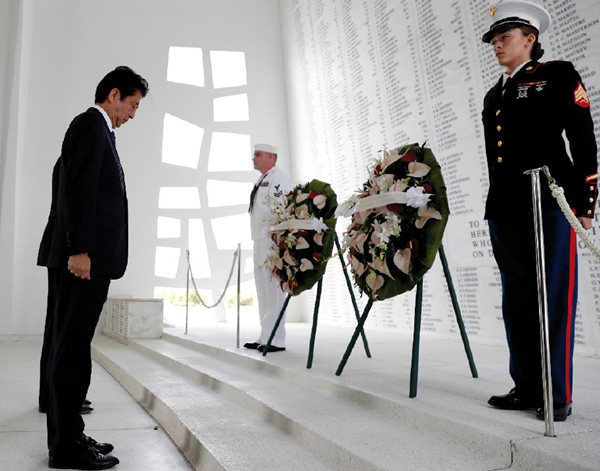 |
|
Japanese Prime Minister Shinzo Abe (C) and US President Barack Obama (L) bow their heads during a wreath-laying ceremony aboard the USS Arizona Memorial at Joint Base Pearl Harbor-Hickam, Hawaii on Tuesday. CAROLYN KASTER/AP |
Japanese Prime Minister Shinzo Abe expressed condolences and talked about reconciliation and the growing post-war alliance between Japan and the US on Tuesday during his visit to Pearl Harbor, but did not offer an apology for the attack 75 years ago.
The Japanese surprise attack on Dec 7, 1941, killed 2,400 Americans, and pulled a previous reluctant US into World War II, a war that ended shortly after the US dropped atomic bombs on the Japanese cities of Hiroshima and Nagasaki.
"As the prime minister of Japan, I offer my sincere and everlasting condolences to the souls of those who lost their lives here, as well as to the spirits of all the brave men and women whose lives were taken by a war that commenced in this very place," Abe said, with US President Barack Obama, in a speech at the Joint Base Pearl Harbor-Hickam, after the two leaders visited the USS Arizona Memorial where they closed their eyes and observed a moment of silence.
"We must never repeat the horrors of war again," Abe said.
Earlier this month Abe told his close associates that "if I go to Pearl Harbor, the 'postwar era' will come to a complete end for Japan and the United States," according to the Japanese newspaper Asahi Shimbun. "President Obama did not offer an apology when he visited Hiroshima in May. That means I also do not have to apologize at Pearl Harbor," Abe said, according to Asahi.
The Chinese Foreign Ministry has described Abe's trip as "putting on a show."
"Can a so-called victim-consolation trip to Pearl Harbor completely wipe away World War II history? I am afraid it's just wishful thinking on his part," spokeswoman Hua Chunying told the daily briefing in Beijing on Tuesday.
Pointing out that the main Asian battlefield of the World Anti-Fascist War was in China, Hua said that Japan "could not turn the page of history" without reconciliation with China and other victimized countries in Asia.
"Just like people in the US will not forget the attack on Pearl Harbor, the Chinese people will not forget the nation's immense sacrifice as well as the compatriots victimized by the Nanjing Massacre," Foreign Ministry spokesman Lu Kang said this month. More than 300,000 people were killed by Japanese troops from December 1937 to January 1938 during the massacre.
Obama also emphasized reconciliation and the US-Japan alliance in his remarks. "The United States and Japan chose friendship and they chose peace. Over the decades, our alliances have made the nations more successful," Obama, who is leaving the White House in about three weeks, told the audience, which included some Pearl Harbor veterans and survivors.
Analysts said that Abe's real purpose is not to reflect on Japan's war crimes, but to enhance its alliance with the US, which could undergo stark changes after Donald Trump becomes president next month.
Trump has voiced opposition to the proposed US-led Trans-Pacific Partnership trade pact, which Japan is a member of. Trump also has threatened to force allied countries to pay more to host US forces.
On Sunday, 53 eminent US and Japanese people, including US filmmaker Oliver Stone and University of Tokyo Professor Tetsuya Takahashi, sent an open letter to Abe to ask whether he planned to pay tribute to victims of Japan's wartime aggression in other nations.
"Will you also be visiting China, Korea, other Asia-Pacific nations, or the other Allied nations for the purpose of 'mourning' war victims in those countries who number in the tens of millions?" the letter said.
An open letter was sent in May 2015 by more than 200 Western historians, including Americans such as Ezra Vogel, a scholar on China and Japan at Harvard University, demanding Abe to face up squarely to World War II history and the Japanese atrocities in Asia.
US State Department Deputy Spokesman Mark Toner on Tuesday did not answer a question from China Daily if the US would continue to seek an apology from future Japanese leaders over the attack on Pearl Harbor, or has the historical issue come to a close, as Abe claimed.
Toner only talked about how the US-Japan alliance has helped keep peace and prosperity in the Pacific region. "We do so in the spirit of looking forward, with a mind of what happened certainly, we remember what happened. But we want to look forward in this relationship," Toner said.
Gao Hong, a senior researcher in Japan studies at the Chinese Academy of Social Sciences, said Abe's trip is meant to gain political points rather than "mourning the victims, as he is labeling it".




